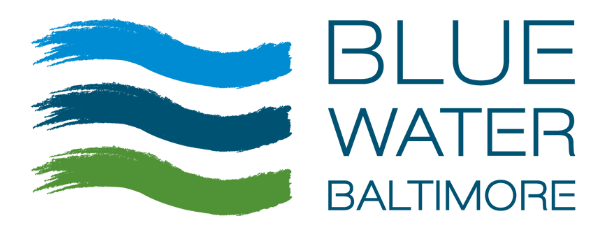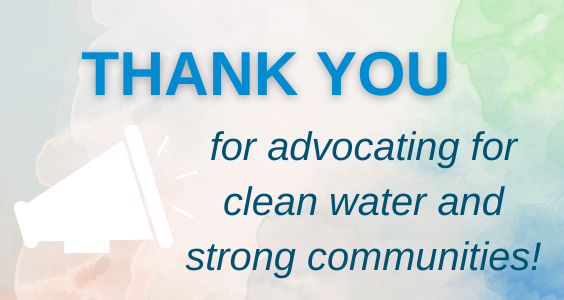Press Release: Health Advisory Warns the Back River is Unsafe for Recreational Contact
Baltimore, MD – Blue Water Baltimore (BWB), home of the Baltimore Harbor Waterkeeper, and Chesapeake Legal Alliance applaud the Maryland Department of the Environment and Department of Public Health for issuing an advisory today warning the public to avoid water contact in the Back River.
BWB has analyzed bacteria samples taken in coordination with the Back River Restoration Committee downstream of the Back River wastewater treatment plant (WWTP) and has been sharing data results with Maryland Department of Environment (MDE) for the past four months. BWB’s data show intermittent spikes in bacteria levels far above the safe limit for human contact – in some instances over 180 times the threshold. MDE began its own routine monitoring of the Back River near the Back River WWTP last week and also found recent high spikes near the plant discharge pipe.
“This is why water quality monitoring is so important – thanks to the data, we know the Back River is often unsafe for human contact; we are relieved that the state issued an advisory to protect the many people who recreate in the Back River,” said Alice Volpitta, Baltimore Harbor Waterkeeper at Blue Water Baltimore. “We will continue our efforts to ensure the sources of this pollution are eliminated as quickly as possible.”
Blue Water Baltimore and Chesapeake Legal Alliance have long advocated for public health warnings in areas around Baltimore where recreation is common and high levels of fecal bacteria are known to occur.
“Posting signs at Cox Pt. and issuing an advisory for the Back River is a great first step to protect the public,” said Angela Haren, Senior Attorney at Chesapeake Legal Alliance. “The same warning signs are also urgently needed in areas around Baltimore Harbor where people recreate and fecal bacteria levels often fluctuate well above the safe limit.”
Fecal bacteria can pose a significant risk to human health. High levels of fecal bacteria are an indicator for waterborne pathogens such as Staphylococcus, Hepatitis A, Cryptosporidium, and West Nile Virus, among other microorganisms that can cause gastrointestinal illness and skin and eye infections.
BWB is represented by Chesapeake Legal Alliance in a lawsuit against Baltimore City for violations of the Clean Water Act at the Back River WWTP and Patapsco WWTP which lead to high levels of bacteria, nitrogen, phosphorus and other pollutants in the Back River and Patapsco River. On behalf of its members, BWB is calling upon the City to correct the pollution violations, repair the damage to our waterways, and restore public confidence in the City’s ability to properly operate the plants and meet federal Clean Water Act standards.
BWB routinely conducts water quality monitoring at 49 stations in the Baltimore region. Their data is publicly available at: www.howsthewaterhon.org

